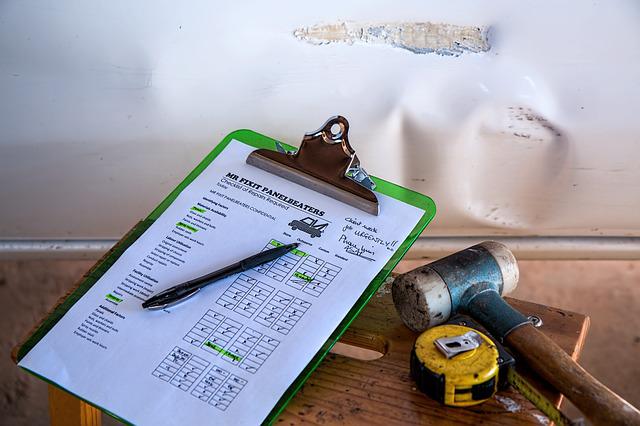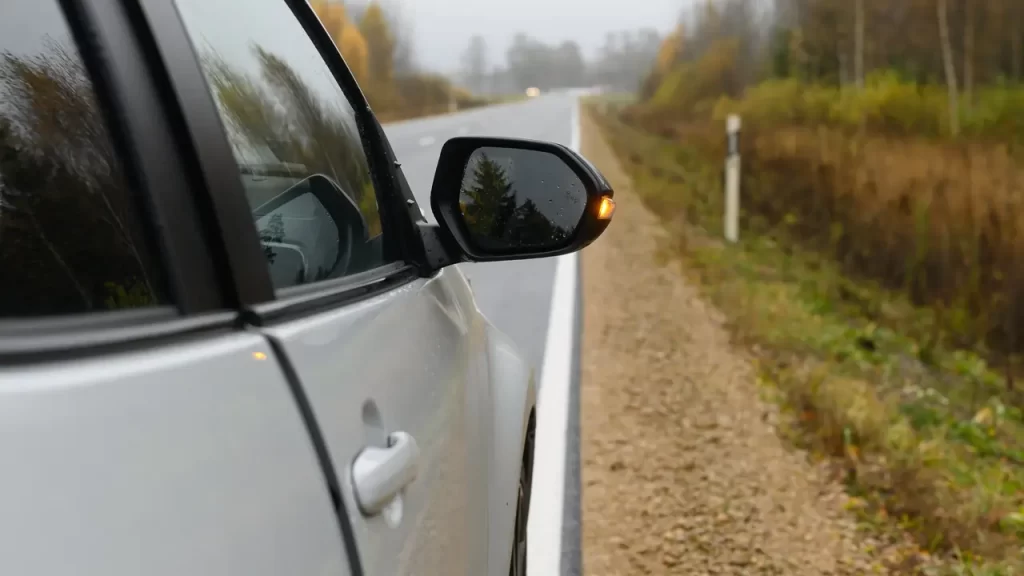personal injury lawyers
Fighting for maximum injury compensation for you and your family
No Fees Until We Win


35 Common Excuses Insurance Companies Use To Deny Or Reduce Your Claim
One of the most common ways for an insurance adjuster to delay, deny, or diminish your compensation is to come up with excuses.
These excuses can range from something you supposedly did to something they claim to have no control over.
If you hear any of these excuses, make sure to contact an attorney right away.
They are just that- excuses and not a valid reason to deny, delay or diminish your claim.
Top 35 Excuses
1. We believe that the injuries you claim are actually from a previous injury.
While it is true that a preexisting condition can have a negative impact on your compensation claim, it can have a positive one as well.
If you injured your back in a car accident and the insurance company finds that you were being treated for back pain two years ago.
Your attorney can show that the new injury is not only separate from the other event but has now aggravated the old issue causing you MORE harm.
2. The official police report does not state that you were experiencing any pain at the scene of the accident.
The truthful answer to that is “so what.” The first thing to realize is that many officers forget to even ask this question and just fill in the information themselves by assumption when they finish their paperwork.

The most important thing to realize is that if you are getting medical treatment, then an injury exists.
It is not uncommon for people to think that their headache or stomach ache is just a result of being stressed at the scene of the accident.
Then, the next day when it is still present, they seek medical care to find out that they have a concussion, internal bruising or bleeding, or a variety of many other conditions.
You know you were injured, and your doctor is treating those real injuries. All the rest doesn’t matter.
3. Your car was not in the best shape prior to the accident.
The “shape” of your car has nothing to do with the claim. They may tell you that the tires were worn, that you had a windshield crack, or that your turn signal was not working.
4. We believe you could have reacted better to the situation (in reference to preventing the accident).
Accidents happen within just a few seconds of time. It is easy to say that they would have reacted differently if it had been them driving.
But that is just it; it was not them driving; it was you. You were there, and just like anyone else in an accident situation, you did what you could to prevent the accident from happening.
This is just a bully practice to get you to admit that you were partially responsible for the accident so that they can decrease your compensation.
5. You stopped too quickly or made an unnecessary stop.
All vehicles using the roads are supposed to leave enough room between themselves and the car in front of them.
This protects themselves, as well as the other driver, in the event of an abrupt stop.
In most cases, if a person is hit from behind, they have little or no liability for the accident.
6. You made a lane change without using your turn signal.
If they actually tell you this, call your attorney. They cannot even prove something like this, let alone hold against your claim.
The only way that this could ever apply is if you were ticketed for not using your turn signal and causing the accident.

7. You did not go immediately to the hospital after the accident.
It is very important that you seek medical attention after an accident. However, you do not have to leave the scene by ambulance or go directly to the hospital from the scene of the accident.
It may feel like you don’t have any injuries at the time you are at the accident scene.
Your adrenaline is running high, and you are hyper-focused on what just happened.
Later, when you are relaxing, you realize how bad your head hurts, how upset your stomach is, or how painful it is to turn your neck or even sit down.
That is when you realize that you need to have medical attention and go to the ER or your personal doctor.
8. You said your discomfort was minimal to the doctor.
Unless the adjuster has a way to read your mind and experience your pain, this is a ridiculous statement.
Many times the adjuster will only look at one or two of the doctor’s notes instead of the entire medical record.
Perhaps the adjustor’s interpretation of minimal is something more serious to you, and only you and your doctor understands.
Since it is impossible for the adjuster to evaluate your claim based on this assumption, speak immediately to your attorney about this excuse.
Your attorney will kindly remind the adjuster that they must work in good faith when managing your claim or face the legal consequences.
9. You complained in the ER about one thing; now you have added more when visiting the doctor.
If you work in the medical profession, this would seem natural. When an injury first occurs, there is one type of pain and discomfort.
If the injury is severe, more symptoms can arise. The injury may also trigger other problems as your body adjusts to the injury.
Your doctor understands these things and is treating your conditions. Don’t let this excuse bother you at all. Call your attorney if they continue to say this about your claim.
10. No one notified the police about the accident.
In cases where there is minimal damage to the vehicle, the police are often not notified.
However, this does not mean that you did not get injured during the accident.
You notified the insurance company about the accident and your injuries; this is enough in most cases to start a compensation claim.
11. Your name was not listed on the police report.
If this happens to you because you were a passenger in the vehicle that was in the accident, don’t worry, you should still be able to make a claim for compensation.
Police are only human, and mistakes can happen. Talk to an attorney immediately if this has happened to you.
12. You are partially responsible for causing the accident.
This is one of the most common excuses that the insurance companies like to use.
They will say this even if there is no possible way that you are at fault. The only thing you can do at this point is to speak with an experienced car accident attorney to protect your rights as a car accident victim.
Your attorney will go over the evidence about the accident and even bring in accident reconstruction experts if necessary to have it officially determined who was at fault for the accident.
Never accept this excuse because the injury victim was not at fault for the event more often than not.
13. The damage to your car was minimal, so you can’t have such a serious injury.
If this were only the case. It does not have to take phenomenal impact and ultra destruction of a vehicle to cause a serious injury.
The impact of an accident can cause an injury. If you were not injured before the accident and you are suffering from an injury now, you have every right to seek medical care and compensation, even if the vehicle is not totaled.
14. You didn’t leave the scene by ambulance, so the injuries are not serious.
Your choice of transportation to the hospital for treatments is your own to make.
If you were not in critical condition and chose to go to the ER with a family member or friends, it does not diminish the severity of your injury or your need for medical care.
This is a ridiculous excuse and should be ignored.
15. You sure have been in a lot of accidents – this must be your fault.
If you have been in a prior accident, that is just bad luck. This does not mean that you are a reckless driver or that you cause accidents to happen. This is just an excuse to discourage and shame you from making a claim.
16. All the physical evidence was lost, so now we cant have our experts evaluate your claim.
Yes, physical evidence is nice to have, but there is plenty of other evidence available.
This is just a way to discourage you. Contact your attorney about the insurance company losing your evidence.
17. There are no witnesses to back your side of the story.
While it is nice to have witnesses to any event, they are unnecessary. There are many other ways that your side of the story can be proven.
Video surveillance, red light camera footage, accident reconstruction, skid marks, vehicle damage, and other evidence can bring forth the truth of any event.
18. There were no visible signs of injury at the accident scene – how can you be injured?
Even if there is no visible bruising or bleeding, it does not mean that you are not injured.
You can not “see” a concussion or whiplash, or a herniated disc, or soft tissue damage to your joints.
You cannot visibly see internal bleeding, bruised organs, or muscle strain.
As you can see, this is one of the most irrelevant excuses that they can give you, But it doesn’t mean that they will not try.
19. You were taking prescription medication.
Unless you were specifically forbidden from operating a vehicle while taking a prescription medication, there is no validity to this excuse.
You can use your personal vehicle when you take medications.
20. You recovered quickly, so the injuries must not have been serious.
Everybody will heal at a different rate. Some people are lucky enough to recover from any injury quicker than others.
Younger people will heal faster than elderly people; healthier people will make a recovery quicker than those who are more sickly. Every person is different.
There is no reason why your healing capacity should affect your ability to collect compensation.
While you were injured, you did suffer from pain; you did incur expenses you would not otherwise have had, you did miss work and lose benefits from the event.
You can still apply for compensation even if you heal quickly.
21. The type of injury you are claiming is simply not possible in the type of accident you were in.
First, when you are in an accident, you can suffer from any type of injury. There is not a predetermined type of injury you can have based on what type of accident occurred.
If you were not injured before the accident and you are injured now, it happened in the accident.
Insurance adjusters are not medical professionals; they are insurance professionals.
22. We are having doubts about your story about the accident. Your story is missing many parts.
Accidents are traumatic events. Fear, adrenaline, and anxiety are surging through your body all at once.
People can blackout during the event from fear or the pain of the injury. You may have a head injury that has caused some memory loss.
You may have panicked when the accident happened, and now you can’t remember everything.
This is not only natural; it is okay. Many people cannot remember every detail of an accident, especially if they were injured.
The person is more focused on their injuries and surviving the accident instead of trying to memorize every detail of the event to tell an insurance adjuster at a later time.
23. Our client was acting as a “reasonable person” as is therefore not at fault for the accident.
This is a legal theory that many insurance companies try to use to say that their client did nothing wrong.
If the adjuster tells you this excuse, it is very important to speak with an experienced car accident attorney about your case.
Your attorney can quickly move past this and get your case back on track to making a compensation claim.
24. You exceeded posted speed limits placing you partially at fault.
Even if this is the case, you still have the right to seek compensation, even if it is reduced, for your injuries.
Speak with an attorney about your rights to make a claim.
25. The police report contains errors.
Police reports can contain errors. Accident scenes can be chaotic places for emergency personnel as well as the parties involved in the accident.
If the police report has mistakes, you can contact that officer and request to have the mistakes corrected.
This is not an unusual request, and most officers will happily make the changes.
You can also have information added to your police report. If the police have not added all the witness information that you personally have, you can ask that this information be added to make it official.
26. You exaggerated the actions of the at-fault driver – this makes you unreliable for information.
If you over exaggerated or under exaggerated the facts, what matters are the facts.
Saying they had to be “doing at least 80 mph when they were, in reality, going 65 mph is not a crime; it is a speculation or, as the insurance company states, an exaggeration.
The facts will come out during the investigation of the accident – and that is what really matters.
27. A doctor’s appointment has been missed.
Injury victims are encouraged to make all of their doctor visits when they have been injured. However, missing one is not going to break your case.
Cars break down; traffic jams occur, bad weather can happen. Multiple missed appointments, however, can have a negative effect on your claim.
28. Your memory is a bit off when it comes to times, speeds, and other factors about the incident.
As we stated before, accidents are traumatic events, and your brain is not focusing on how fast the other car was going or at what exact minute the impact occurred.
It is worried about protecting itself from harm and dealing with the impact and injuries it receives.
29. Your injuries did not require special care such as MRIs, orthopedic treatments, or special therapies therefore it was not severe enough to get compensation.
All injuries can qualify for compensation if they cause you physical harm and financial losses.
You may not need an MRI to treat a deep laceration or have a muscle repaired in surgery, you may not need orthopedic care for a traumatic brain injury, and you might not have to get special physical therapy for injured internal organs.
Just because your injuries don’t require all of the standard treatments does not mean that they are not serious.
30. The doctor recommended by the insurance company determined that you did not have any significant signs of injuries. Now your personal doctor is stating that you do.
First and foremost, if you are injured, you should always go to your own doctor or hospital of choice.
Going to the recommended doctor by the insurance company is a conflict of interest.
These doctors are paid by the insurance company. Naturally, they are going to have the best interest of the insurance company in mind, not yours.
If you have been examined by the insurance company doctor first, contact an attorney so that you can see your own doctor for treatment.
Your personal doctor knows more about your health and what injuries or symptoms are new than anyone else.
31. We see you have a history of mental health or emotional problems.
Unless you were the cause of the accident, any mental health issues that you may have is irrelevant to your injuries.
This is one of the saddest attempts by the insurance companies to try to get out of paying on a claim.
32. You told us at first you were not seriously injured, now you are telling us you are.
This is one of the reasons you should never give a statement to the insurance company prior to speaking with an attorney.
If you contact the insurance company on the day of the accident, you may still be pumped up on adrenaline and not feel the pain.
The next day, however, you may have to go to the ER because you have a headache, a neck problem, or nausea, only to discover you have a concussion or whiplash or worse.
Even if you stated that you were okay immediately after the accident, your medical records can show how the injuries and symptoms you are suffering from now are directly connected to the accident.
33. An unidentified person or an Act of God caused the accident.
Hit and run accidents do happen. Freak thunderstorms that cause accidents do happen.
This does not mean that if you are injured during one of these events, you can not seek compensation for your injuries and losses.
34. Our client is not cooperating with the investigation, so we have to wait until we can work things out with them.
Of course, they want to speak to their policyholder, but this will not shut down the entire claims process.
If the insurance company gives you this excuse, you need to contact an attorney.
35. You are over-treating your condition.
The insurance adjuster is not a medical professional. If your doctor is sending you for treatments for your injury, then you need them to make a recovery. It is that simple.

Free Injury Case Evaluation
Send the form below and we will call you back in minutes.
…or Call Us Now
856-284-6446
